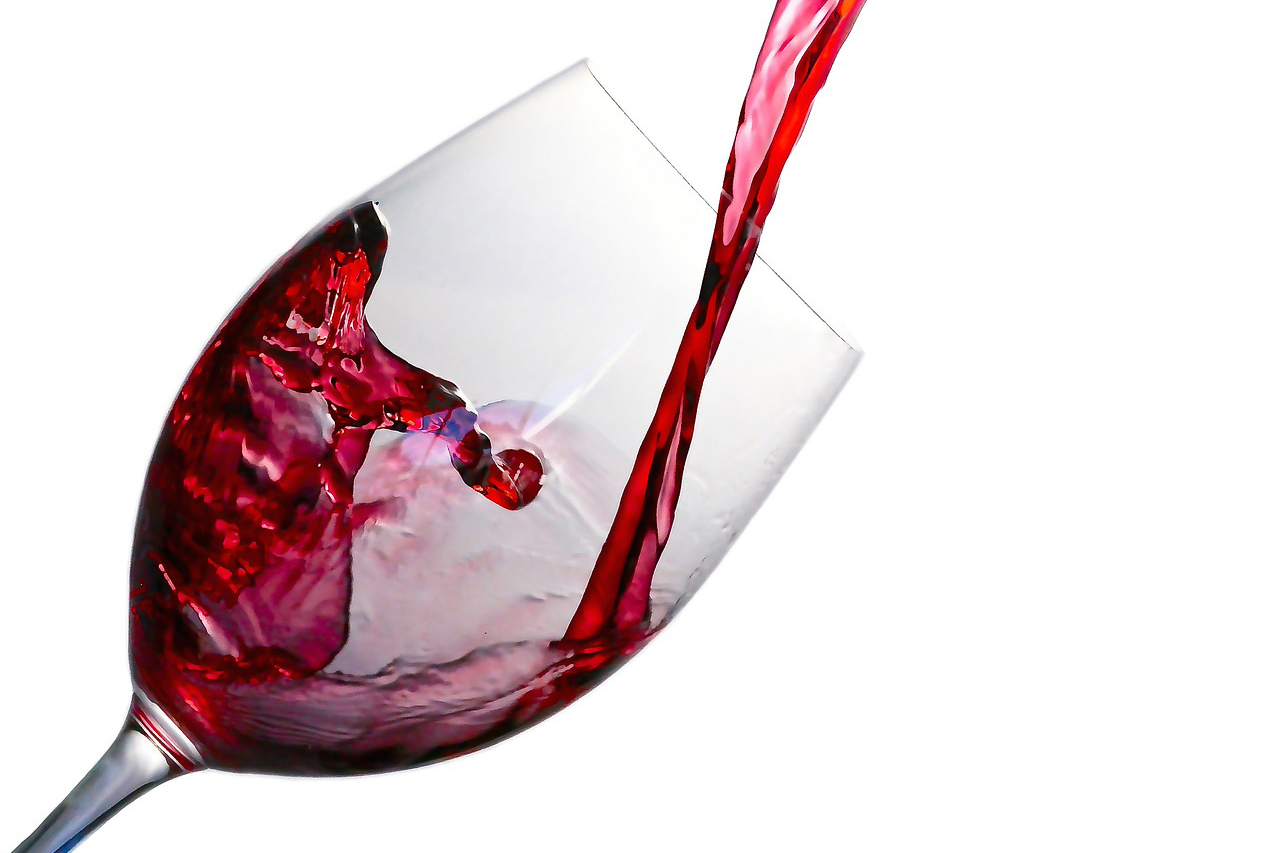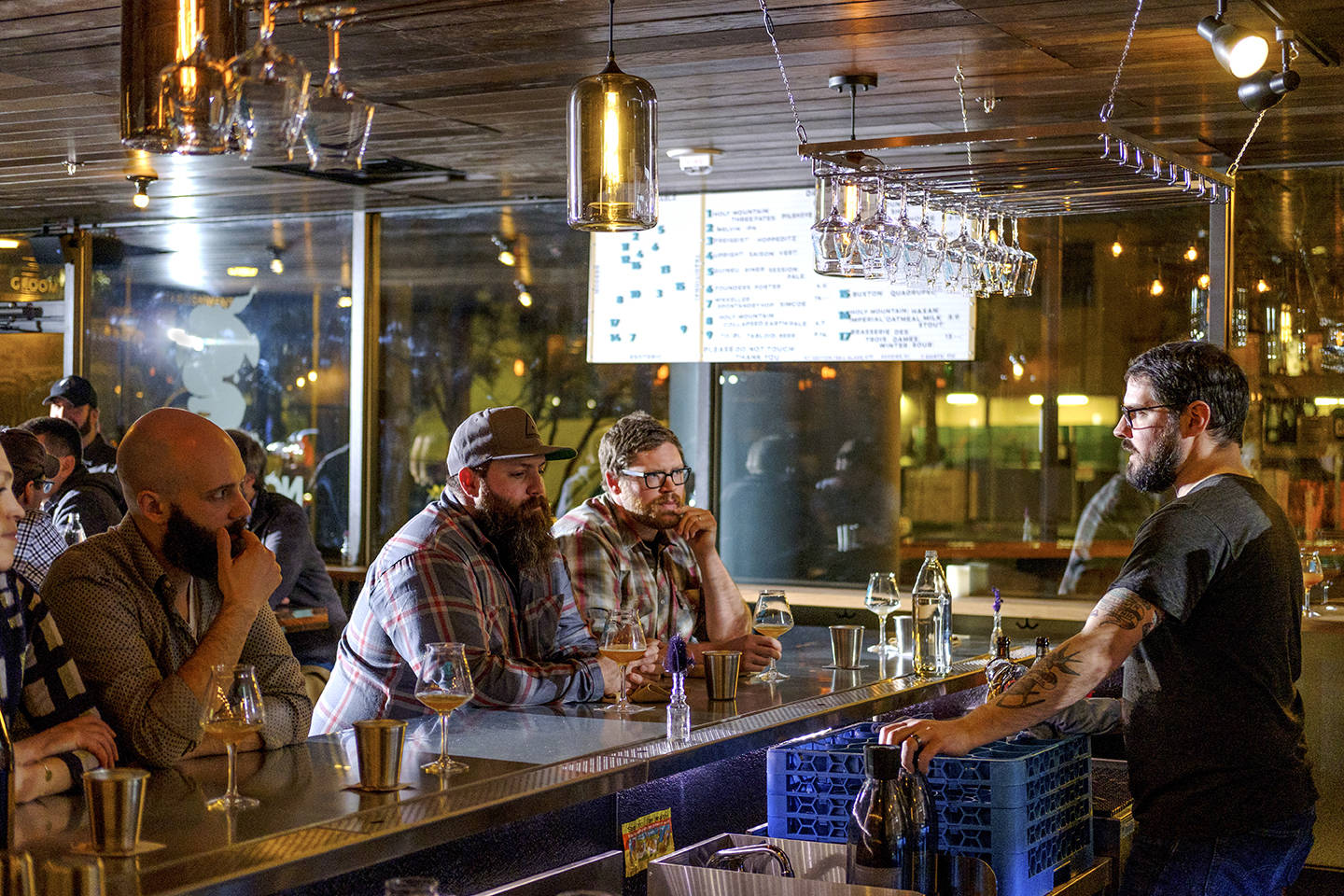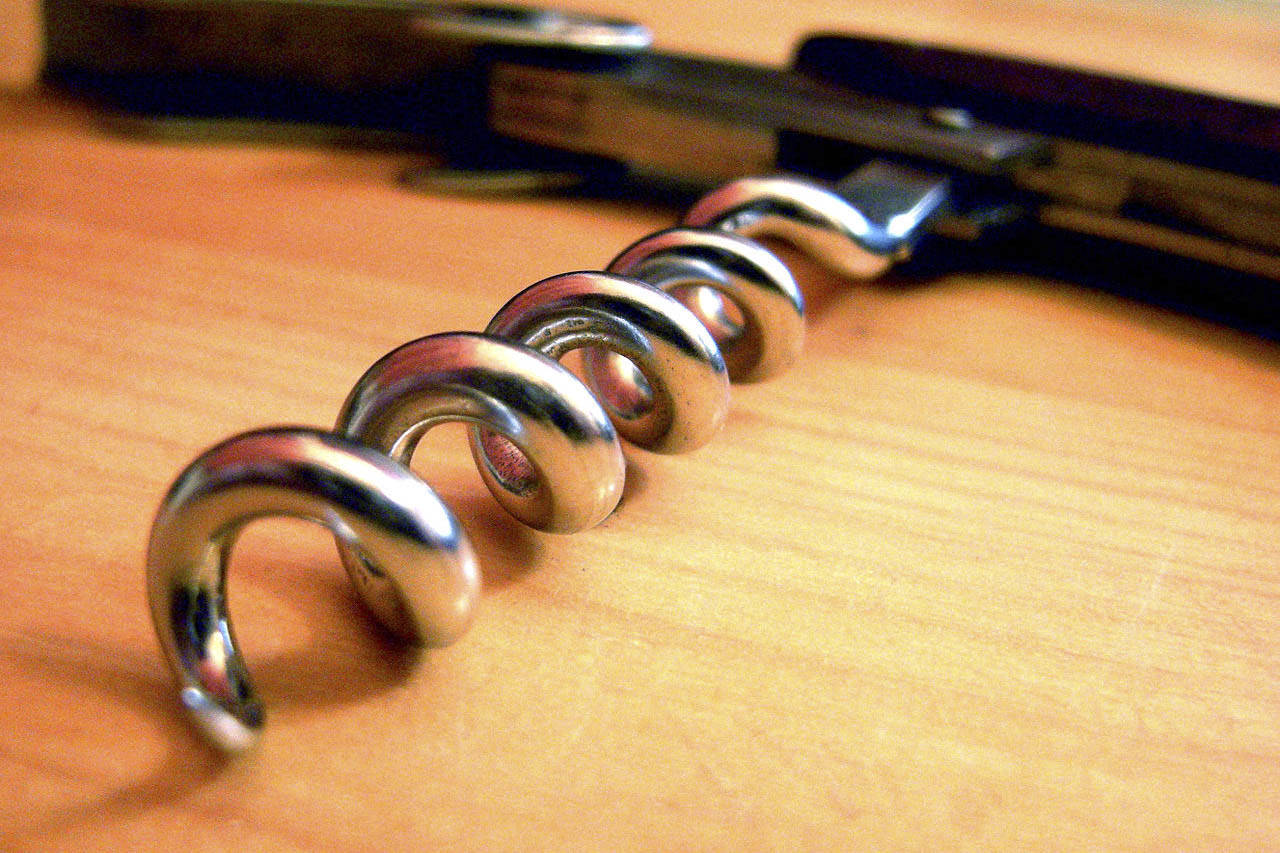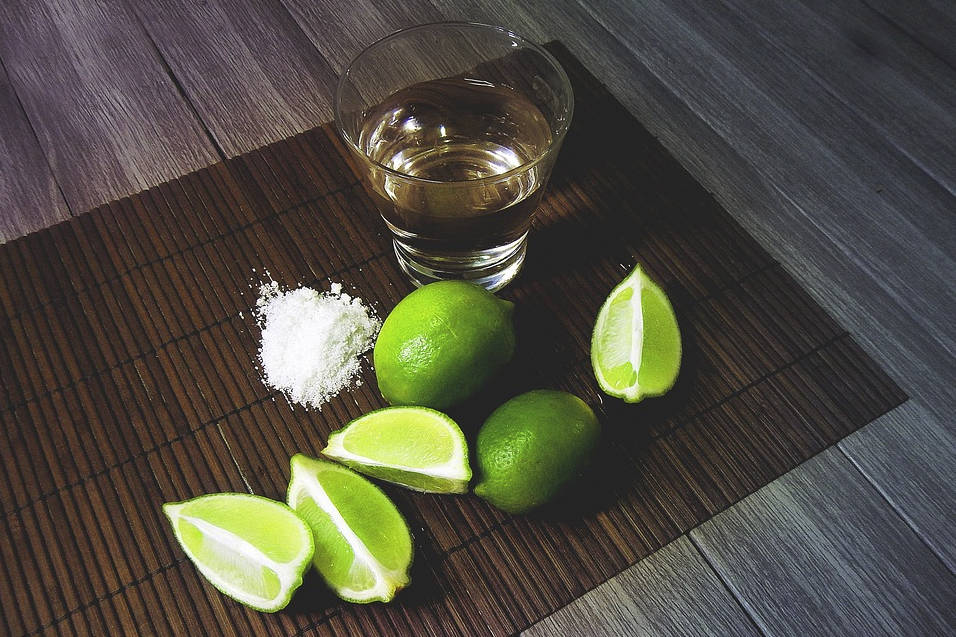I know, I know. I just wrote about natural wine. But there is more to say on the matter. I felt compelled to revisit the subject this week after The New York Times recently ran a piece by Jeff Gordinier about the growing success of natural wine—a piece that perhaps doesn’t look at the phenomenon with much of a critical eye. That’s fine, of course: Trend pieces are what they are. Yet inadvertently it touched on a big reason why I think natural wine is trendy in certain circles, and it’s a reason I detest.
The emergence of the sommelier class has undoubtedly done lots of good for consumers. Somms are often more interested in pushing boundaries and exploring the wide world of wine than most wine lovers, and without them we would have far less grower Champagne, grüner veltliner, or sherry in our lives. Yet as the somm community grows and the once-exotic becomes commonplace, a dangerous level of elitism can arise. Just read what Gardinier wrote: “Natural wines can taste tart, dirty, even barnyard-y, and that might be 100 percent intentional. Indeed, such traits may be integral to the beauty of the pour, and this is where the assurances of an expert come in. Without the new breed of sommeliers and shop owners who really know the natural terrain, it can take time to figure out whether a wine seems ‘off’—or if it actually is.”
It is perhaps unsurprising that sommeliers and other experts are constantly looking for wines that affirm our expert status. After all, what could validate our existence more than a whole style of wine that the average wine drinker can’t even tell is flawed or not? When you factor in that the bottle variation on natural wines can be extremely high, it’s hard for me to make a case that these are wines for most wine drinkers. That’s fine, of course: I like weird shit, but I don’t necessarily think that filling a wine list or store with those bottles is in anyone’s interests.
Even worse, it returns all the negative stereotypes about somms and wine lovers: We’re snobs; only we can determine if a wine is good or not; if you don’t like it, you’re just unsophisticated. Yes, the piece does mention that these wines are not for everyone, but I don’t think that makes things better, it just perpetuates the snobbery.
My firm belief is that the job of the sommelier or wine-shop employee is to find the customer the best bottle of wine for their current need. Sometimes that involves offering them something they’ve never tried, something that might challenge their conceptions about wine. More often, though, it involves listening to the guest and making them comfortable. There will always be wines that have a niche audience, and that’s fine, but if someone sells you wine that tastes or smells bad and then tries to claim that you “just don’t get it,” the fact that it was made naturally will be little solace.
barcode@seattleweekly.com








